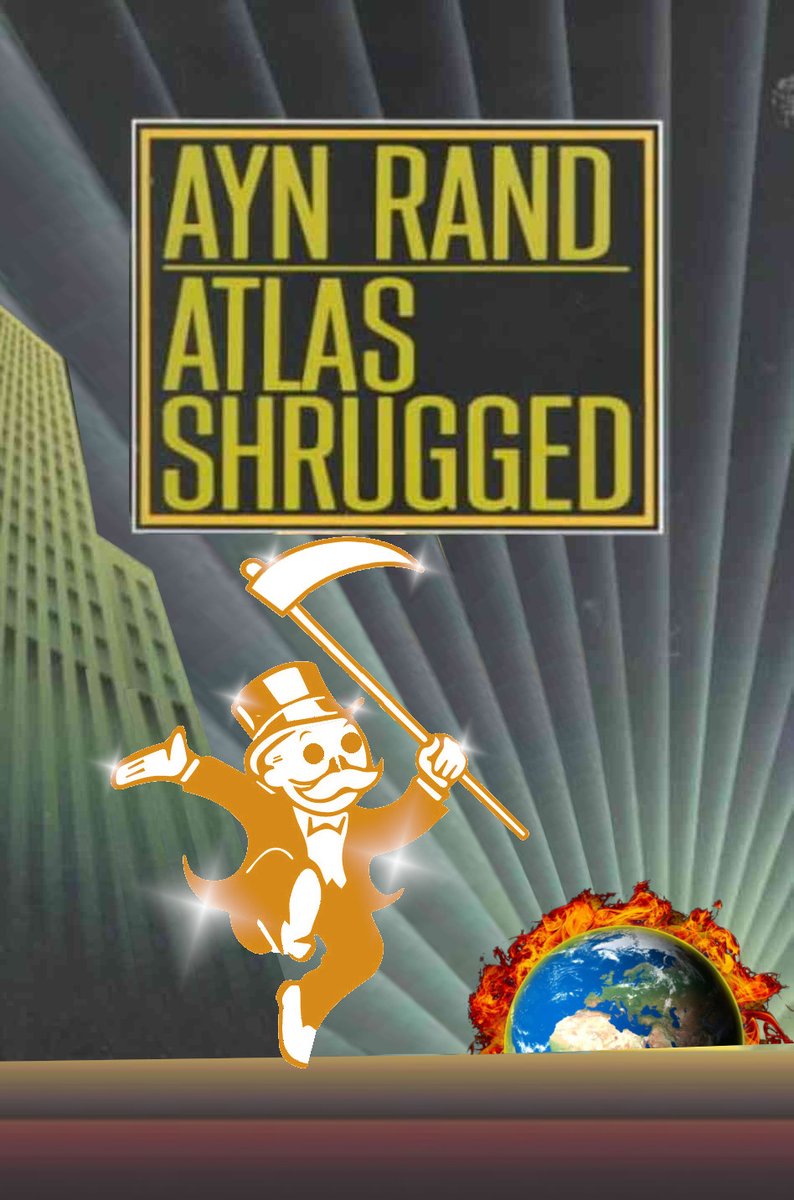
Over the years, @imaginationASU has been merging science, engineering, the humanities and science fiction, building collaborations between sf storytellers and scholars and technologist (I've been lucky enough to be involved in several of these).
csi.asu.edu
1/
csi.asu.edu
1/

The Center has launched a fellowship: a $10,000 grant for "projects that advance visions of inclusive futures and address our greatest collective failures of imagination, including climate change, systemic inequality, and global conflict."
csi.asu.edu/fellows/
2/
csi.asu.edu/fellows/
2/
The fellowships come up with mentorship, support and collaboration from the CSI faculty and students; applications are due on Apr 5.
3/
3/
To get a feel for the Center's work, check out its brand-new anthology of original sf stories and essays, "Cities of Light: A Collection of Solar Futures," with work from Paolo Bacigalupi, S.B. Divya, Andrew Dana Hudson and Deji Bryce Olukotun.
csi.asu.edu/books/cities-o…
eof/
csi.asu.edu/books/cities-o…
eof/
ETA - If you'd like an unrolled version of this thread to read or share, here's a link to it on pluralistic.net, my surveillance-free, ad-free, tracker-free blog:
pluralistic.net/2021/03/23/par…
pluralistic.net/2021/03/23/par…
• • •
Missing some Tweet in this thread? You can try to
force a refresh






